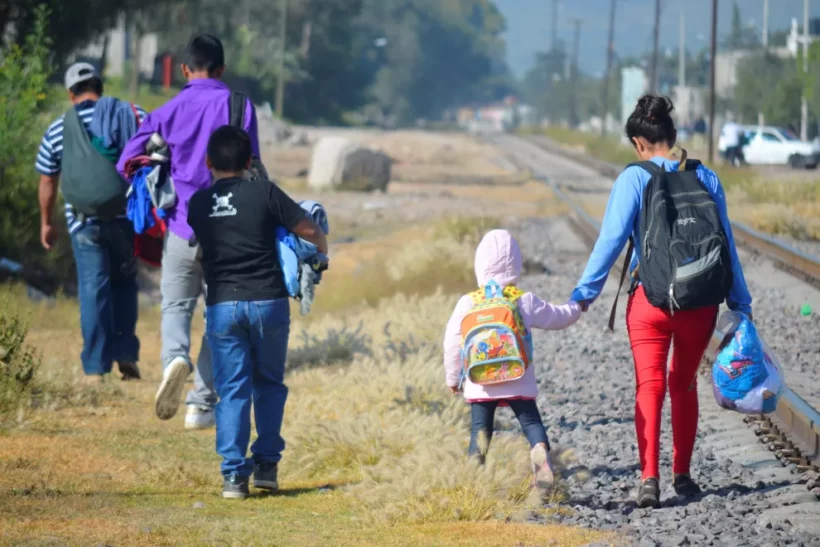I postulate that nobody initially wants to leave their countries, homes, customs, and families. Man is a social and gregarious animal and the bonds that are generated with those close to him, nuclear family and close friends, is a union that is generated long before we are aware of it. Therefore, migration, the deep desire and the courage to change everything for something new is an experience chosen for clear reasons. The positive ones, new jobs, new life perspectives, love that leads to follow someone to new horizons, and the not-so-positive ones, hunger, desperation and lack of prospects and work, exile, violence, and threat to one’s own life and/or family. There are multiple reasons and there may be multiple combinations of all these or others.
Migration is an issue that, although it has been around forever, in our times has become very common and massive, millions of people move every year and countries must now agree on protocols, set up barriers, increase controls and control budgets, train staff to do the job and of course patrol the borders for entry and then keep the legal status up to date, to decrease illegal immigration in all countries.
Whoever is desperate in a foreign country can be very dangerous for society and himself.
Through its Prime Minister Giorgia Melloni, Italy has indicated that it wishes to lead a plan called the Mattei plan to make 5.5 billion euros viable for work in the energy area and thus generate exports from Africa to Europe of this vital input.
Italy, which has been receiving thousands of daily migrants for some time now, has decided to work on the root of the problem, creating good reasons for young people not to seek to migrate to Europe. Therefore, she has communicated that she will work on this plan to develop investment and jobs in Africa, generating adequate employment and living conditions in the countries of origin so that young Africans, instead of having in mind to leave their countries to come to Europe, where they can improve their lives, could now develop a better life at home, avoiding the illusion of better prospects in foreign countries, other languages, and cultures, instead of making those same initiatives at home.
Moreover, the Italian Prime Minister’s words are encouraging when she speaks of treating Africans as equals and not doing so with a colonialist accent where Europe would impose a style and destiny that Africans are not necessarily the people who decide, define, and channel investments towards mutually beneficial projects in the short term.
I believe that humanity is taking a great step forward by recognising Africa as a continent with millions of inhabitants, the cradle of the human species, and to prevent it from continuing to be a place to extract resources, keeping those men and women in conditions of poverty, whose only purpose seemed to be to bring thousands of new people to do low-paid work in other continents, as has been the history at least from the 15th century onwards. This change expressed by Giorgia Melloni in the “Mattei” plan seems to be a change of attitude that could involve the whole European Union in this task, joining the words expressed by the President of the African Union Commission, Moussa Faki Mahamat, who emphasised that “we need to move from words to deeds”.
Time is running out, it is long overdue, but let us leave room for doubt and hope that the adage “better late than never” becomes reality. Another world is possible.










